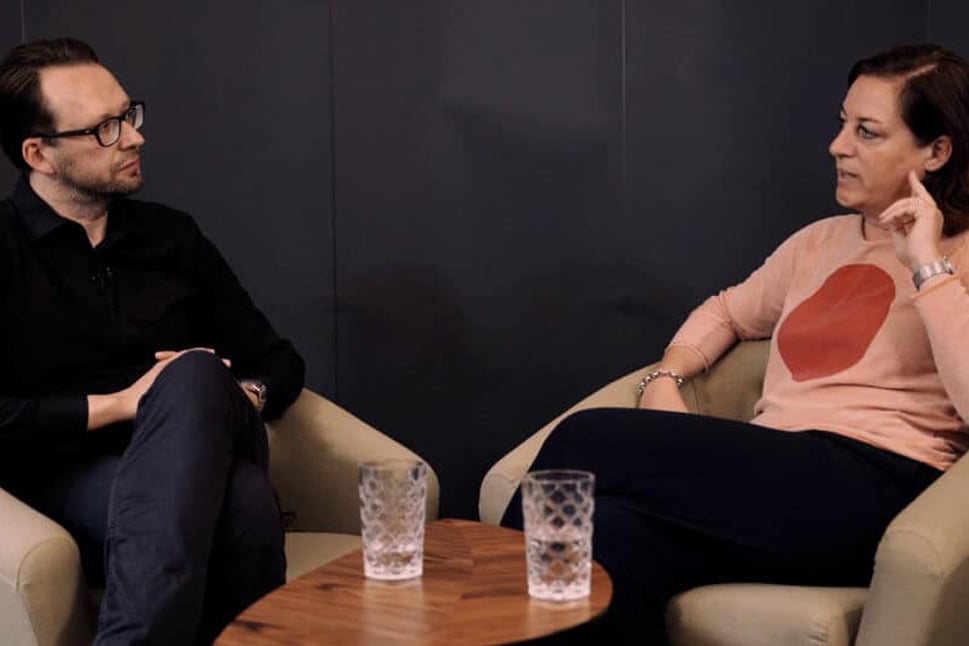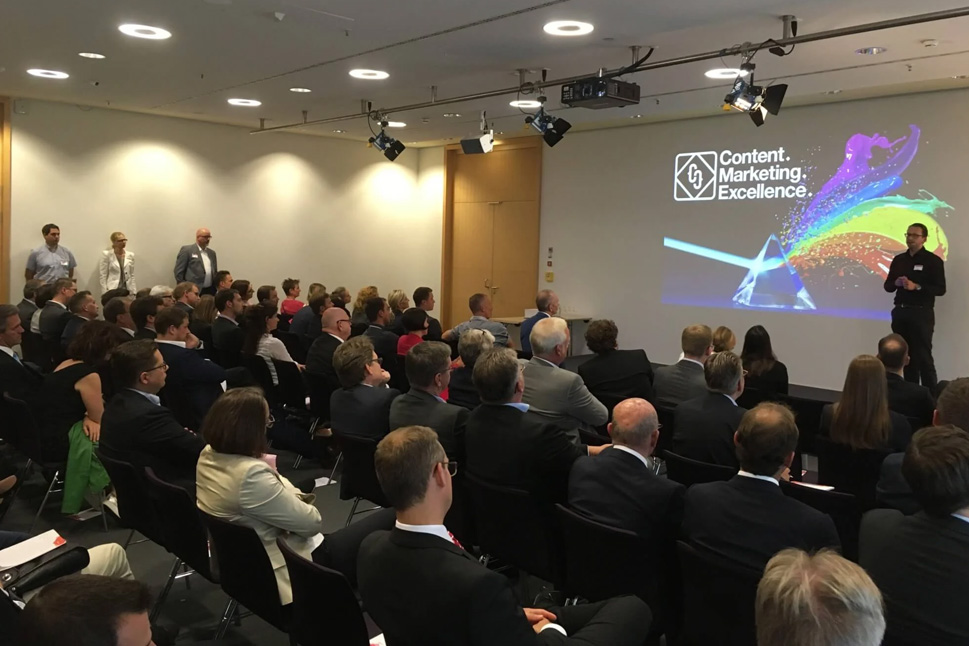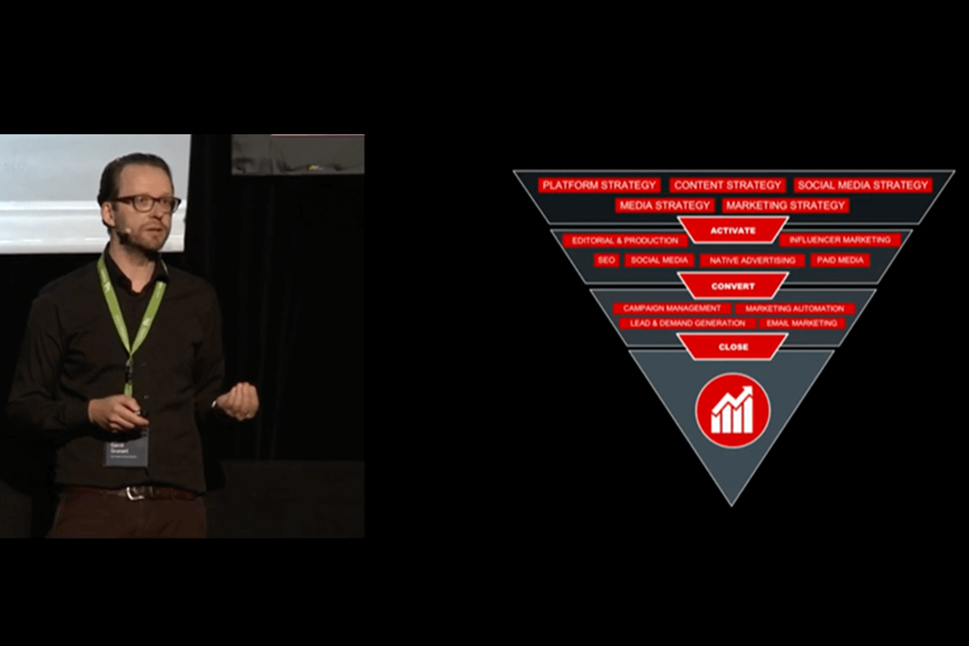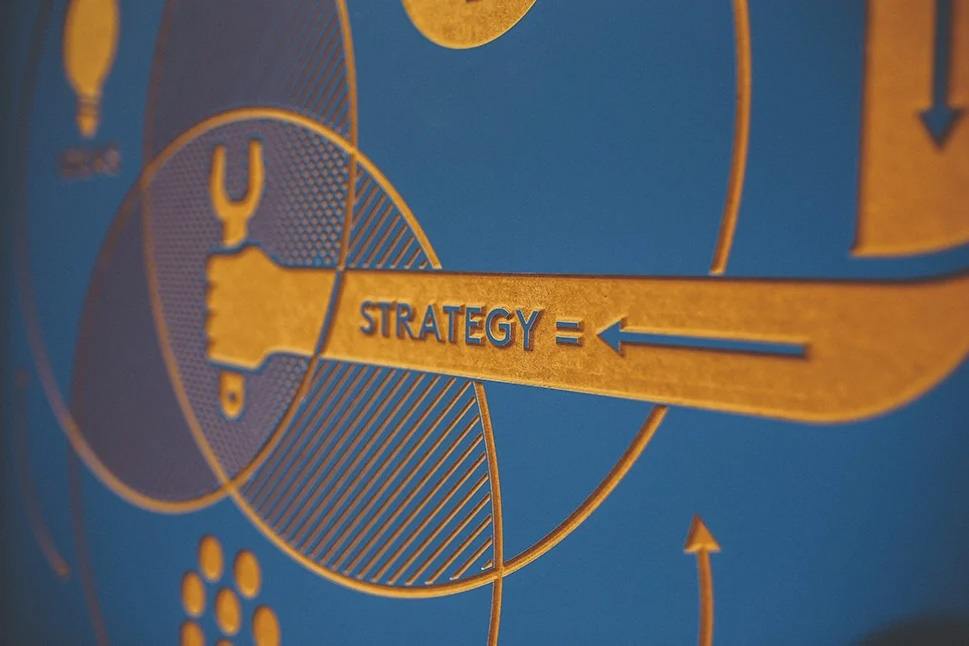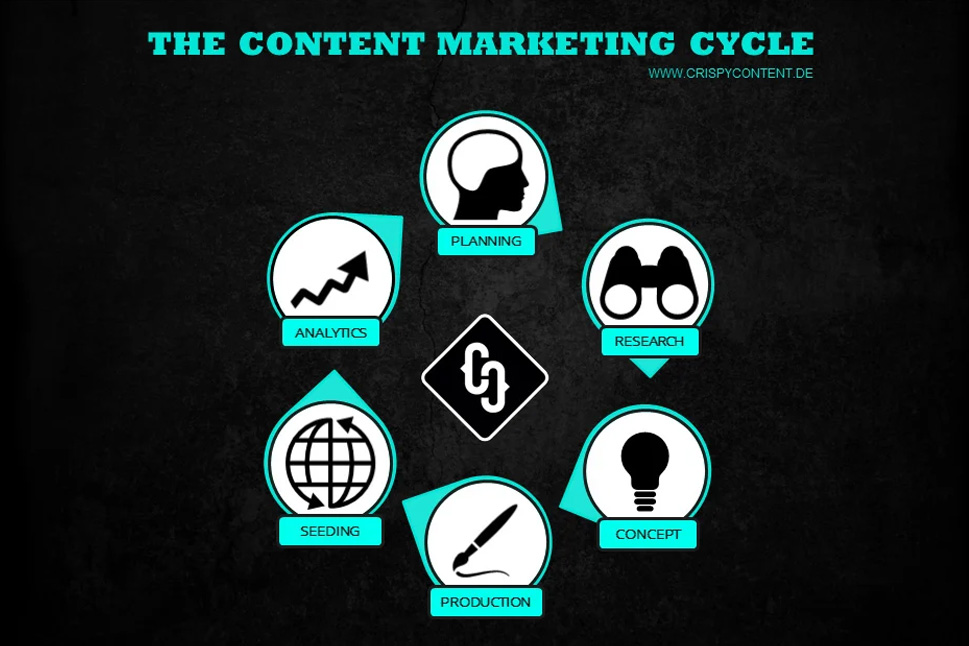Demand Gen Before the Comparison Phase: Gaining a Competitive Edge
Last updated on July 8, 2025 at 08:30 AM.Many B2B companies have adopted a reactive marketing approach—initiating activities only when potential customers are already researching specific solutions. However, in highly competitive markets, the critical window for brand communication is moving earlier in the buying journey. Traditional “comparison marketing” comes too late, once opinions and preferences have already been shaped. This is especially risky when entering new markets. Brands that omit the awareness phase concede the initiative to established competitors. The consequences: diminished impact, increased lead costs, and lower conversion rates.

Show up late, miss the spotlight
A practical example underscores the impact of strategic timing. An established software provider expanded into a new market using a familiar but defensive approach. Communication began only once potential customers were actively comparing software vendors.
The result: By that point, the target audience was already engaged with local competitors. The brand played only a supporting role in the decision-making process, constantly reacting rather than proactively generating new opportunities.
New Markets Require a New Communication Logic
B2B market entry strategies face the increasing challenge of converting “unknowns” into “prospects” as early as possible. Brands that only become visible when procurement teams are drawing up shortlists are relegated to a secondary role—impacting both win rates and cost structures.
Established brands also encounter significant uncertainty in new markets: Is the brand recognized? How are local nuances addressed? What questions and needs do key decision-makers have before they begin active research? These insights are only accessible through early-stage, awareness-focused communication.
The Marketing Funnel Gap: Where Opportunities Are Lost
Many organizations allocate the majority of their budget to lead generation and conversion activities. While this may deliver short-term results, it is not sustainable in the long run. Ignoring the pre-comparison phase means missing the moment when potential customers first become problem-aware.
This is particularly critical in industries with complex decision-making processes, where early perception as a solution provider is key. Missing this moment means facing a crowded field later—competing against entrenched preferences.
Unlocking Potential Beyond Established Routines
Transitioning from a purely conversion-driven to a demand-oriented strategy opens up new opportunities. This requires a deep understanding of the target audience’s information needs in the early stages. The goal is to create content that addresses problems before they are clearly defined.
In practice, this means developing content and communications that not only explain product functionalities, but also provide insights and inspiration when latent needs arise. Companies that consistently take this approach are seen as thought leaders and problem solvers—well before any direct product comparisons occur.
Balancing Investment and Results
Shifting marketing resources toward the awareness phase comes with challenges. It requires investment in content formats that do not yield immediate conversions, and success is harder to measure with traditional KPIs such as lead volume or ROI.
This approach also demands close alignment between marketing, sales, and product management. Without a willingness to question familiar success metrics and embrace new objectives, organizations will struggle to realize the benefits of this strategy.
Early-Stage Success Strategies: How to Build a Strong Foundation
Innovative companies engage prospective customers early through a mix of data-driven targeting, localized content, and educational formats. This creates touchpoints before the audience even starts considering competitors.
Proven tactics include:
- Industry-specific whitepapers that address challenges before buyers seek concrete solutions
- Webinars and podcasts offering expert insights and serving as a basis for initial discussions
- Interactive tools that help decision-makers identify and assess their own challenges
Implementation Requirements: Methodological Expertise and Industry Insight
Not every organization is equipped to proactively and precisely tailor its communications to the early stage of the customer journey. It requires methodologies for identifying relevant audience questions, recognizing trends, and developing high-value content formats.
Industry knowledge is as critical as analytical capability. Only by understanding how decision-making processes function in each market can organizations develop relevant content and engage the right touchpoints.
First Steps Toward Transformation: From Reactivity to Proactivity
Transitioning from reactive to proactive communication involves several key steps:
- Analyzing the customer journey and identifying early decision phases
- Developing topic clusters that address information needs in the awareness stage
- Creating content formats that are educational and inspirational—beyond traditional product communications
- Continuously evaluating content performance and adapting based on new market insights
It’s essential not to focus all resources solely on quick wins, but to invest in long-term market positioning and thought leadership.
Expertise and Methodology as a Competitive Advantage
Effective demand generation before the comparison phase requires a partner with not only creativity, but also strong analytical methods and deep industry expertise. The ability to demystify complex marketing mechanisms and identify trends early provides sustainable competitive advantages.
Transparent methodologies, clear explanations of complex interrelationships, and a deep understanding of industry dynamics form the foundation for helping companies efficiently enter new markets and elevate their communications to the next level.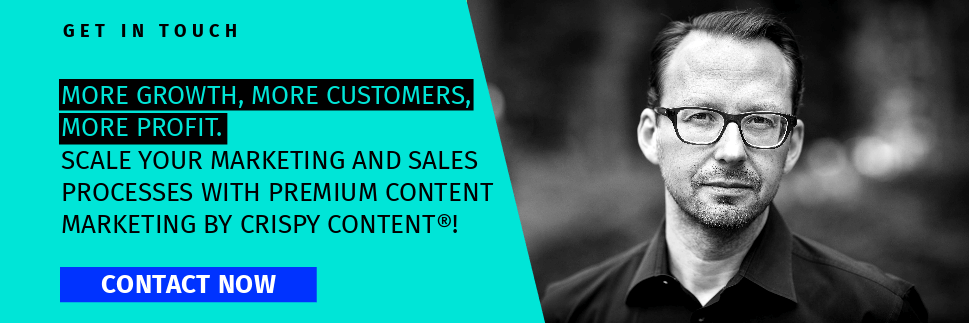
Creative, smart and talkative. Analytical, tech-savvy and hands-on. These are the ingredients for a content marketer at Crispy Content® - whether he or she is a content strategist, content creator, SEO expert, performance marketer or topic expert. Our content marketers are "T-Shaped Marketers". They have a broad range of knowledge paired with in-depth knowledge and skills in a single area.















.png)











.jpg)

-1.jpg)

-1.jpg)
.jpg)



.jpg)













.jpg)







.jpg)



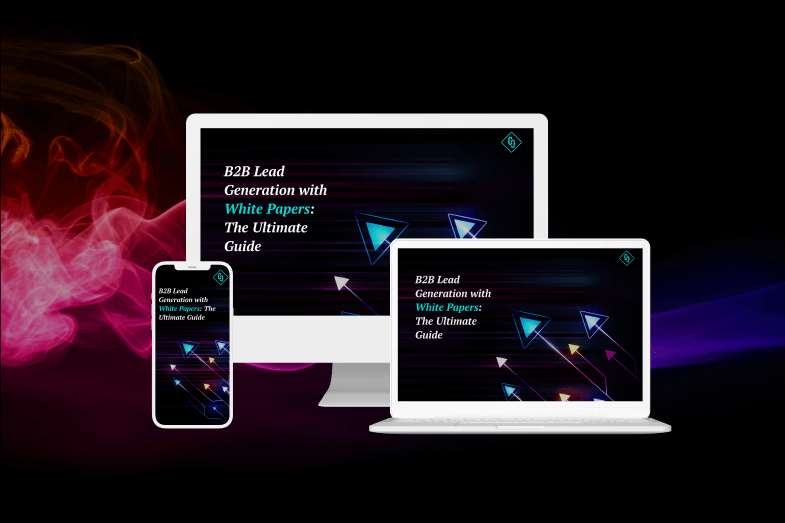






















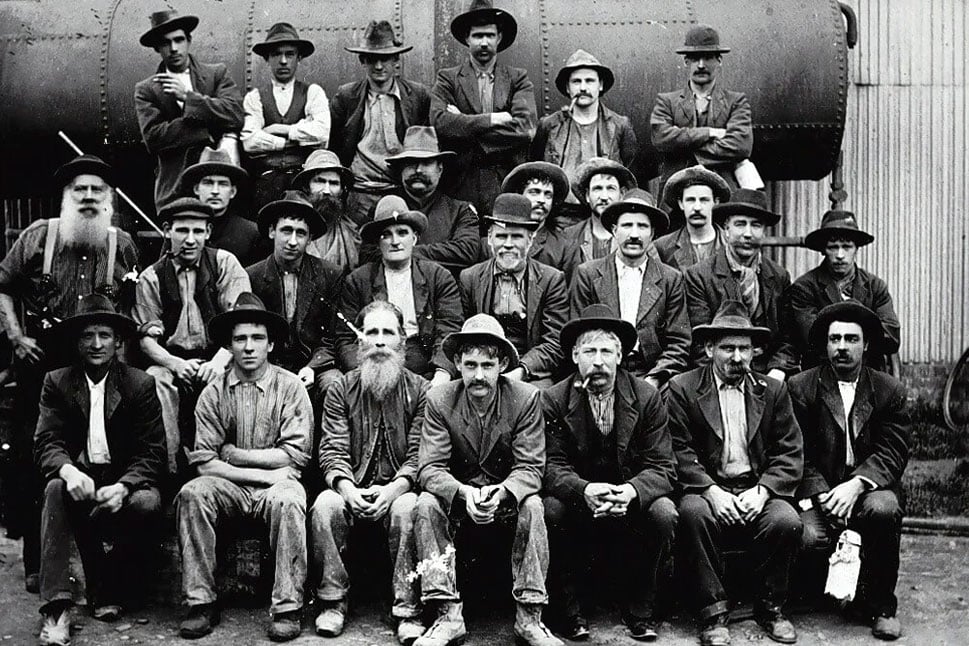


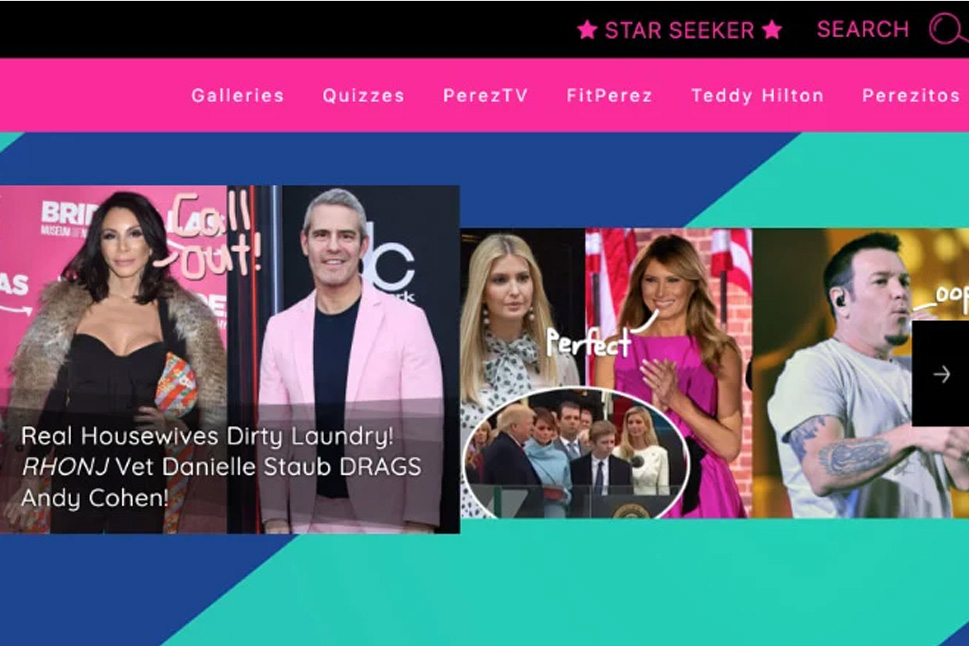



.jpg)












